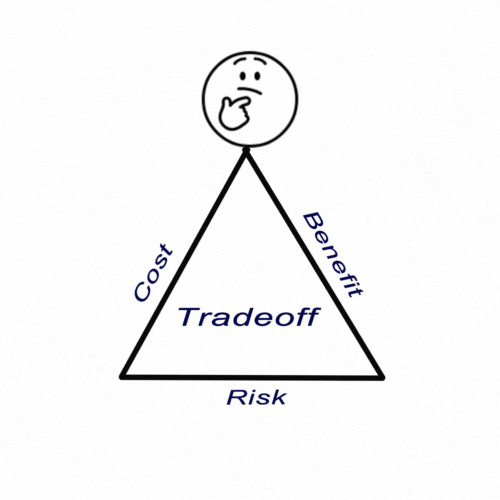"Imposter Syndrome" is a common phrase in today's lexicon.
According to Psychology Today:
"People who struggle with imposter syndrome believe that they are undeserving of their achievements and the high esteem in which they are, in fact, generally held. They feel that they aren’t as competent or intelligent as others might think—and that soon enough, people will discover the truth about them. Those with imposter syndrome—which is not an official diagnosis—are often well accomplished; they may hold high office or have numerous academic degrees.
Personality traits largely drive imposter syndrome: Those who experience it struggle with self-efficacy, perfectionism, and neuroticism. Competitive environments can also lay the groundwork. For example, many people who go on to develop feelings of impostorism faced intense pressure about academic achievement from their parents in childhood."
Several other sources say that approximately 70% of adults and professionals experience the feelings of imposter syndrome at some point in their lives.
Belief in self is such a major factor in the actions people take or don't take.
Perfectionism tends to be the enemy whispering in their ears daily that they're not good enough despite what they've accomplished.
The struggle is real to silence the whispering for all of us!
Having a support system to drown out the self-doubt is essential, and unfortunately not everyone has one.
And if you don't have that support system yourself yet, there's tremendous value in you being that support system for someone else.
When someone in your circle is feeling a lack of belief in themselves, be the person who says, "I believe in you."
To believe in yourself is winning, but sharing your belief in others can lead to exponential wins.







